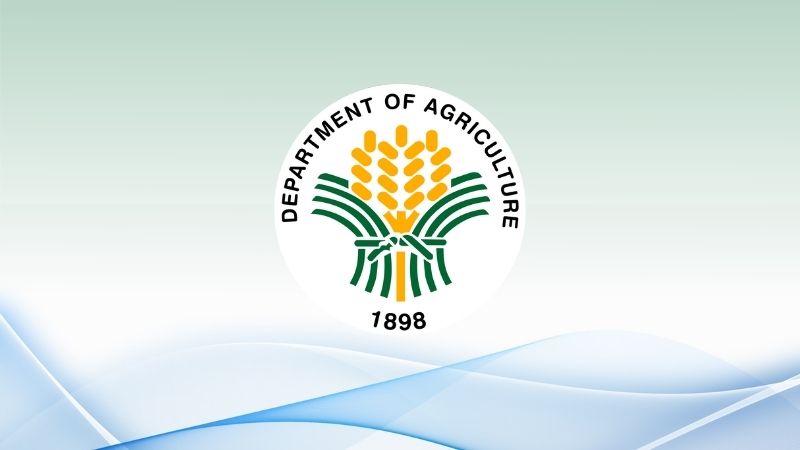Tags
India’s ban on rice exports affects globe
Low-income African countries feel pinch as prohibition spikes prices
India, as the world’s leading rice exporter, is casting an impact on rice-importing countries with its ban on non-basmati white rice, experts say.
The global food security may be affected as the prices of rice and other agriculture products have already gone up, they added.
The partial ban announced by the Indian government on July 20 came amid concerns about rapidly rising domestic rice and food prices this year, said Rajiv Biswas, Asia-Pacific chief economist at S&P Global Market Intelligence.
“A key uncertainty for the Indian government is the potential risk from a severe global El Nino weather event later this year and during 2024 that could reduce Indian harvests of key food crops, such as rice and wheat,” he said.
Taking immediate effect, the ban limits export of non-basmati white rice, which accounted for about 25 percent of India’s rice exports, to boost domestic supply and keep retail prices under check.
With rice exports accounting for more than 40 percent of the world’s total, India’s partial ban has already contributed to rising world rice prices. Last year, India exported a record 22.2 million metric tons of rice.
According to the United Nations’ Food and Agriculture Organization, world rice prices have soared to their highest level in almost 12 years, up by about 20 percent year-on-year.
The International Monetary Fund has encouraged India to remove restrictions on the export of a certain category of rice, saying it would have an impact on global inflation.
The ban had elicited mixed responses. Some said the decision was “premature” and can be removed.
Such restrictions are likely to exacerbate volatility in food prices in the rest of the world and lead to retaliatory measures, which can be harmful globally, Pierre-Olivier Gourinchas, IMF’s chief economist and director of the research department, said after the release of the World Economic Outlook late last month.
Ashok Gulati, former chairman of the Commission for Agricultural Costs and Prices, which advises the Indian government on food supplies and pricing policies, said: “This is a knee-jerk reaction, especially given the fact that as of July 1, the government’s stocks of rice were three times the buffer stock norm. The ban can never be an answer to inflation.”
However, economist Abhirup Sarkar, who teaches at Statistical Institute of India, backed the ban and said: “Whatever may be the consequences, I back the government for its India-first approach. No sentimentality should be attached to it. Primarily, a government needs to serve its own people.”
An Indian ministry argued that the domestic prices of rice were on an increasing trend. The retail prices had increased by 11.5 percent over a year and 3 percent over the past months.
The prohibition on export of non-basmati white rice will lead to the lowering of prices for Indian consumers, the Indian Ministry of Consumer Affairs, Food and Public Distribution said in a statement.
Other factors
The partial ban is not the only factor that is affecting global food security and food prices in the near term.
Biswas said other factors that could reduce world food exports include the disruption of Ukrainian grain exports because of the Russia-Ukraine conflict, and the looming risk of El Nino.
Major rice-exporting countries such as Thailand and Vietnam may struggle to completely compensate for the export gap left by India’s ban, which is expected to reduce its annual rice exports by about 10 million tons.
While wealthier countries can afford to import expensive rice and other substitute cereals, low-income African countries face a higher risk of disruption to rice imports and increased prices.
The “abrupt ban” would hurt poorer countries, Gulati said.
“If India has to emerge as a responsible leader of the Global South in G20, such sudden bans need to be avoided,” he wrote in the Times of India newspaper with co-author Raya Das.
Prime Sarmiento in Hong Kong contributed to this story.
Arunava Das is a freelance journalist for China Daily.
https://global.chinadaily.com.cn/a/202308/24/WS64e6ad9ea31035260b81def1.htmlPublished Date: August 24, 2023







